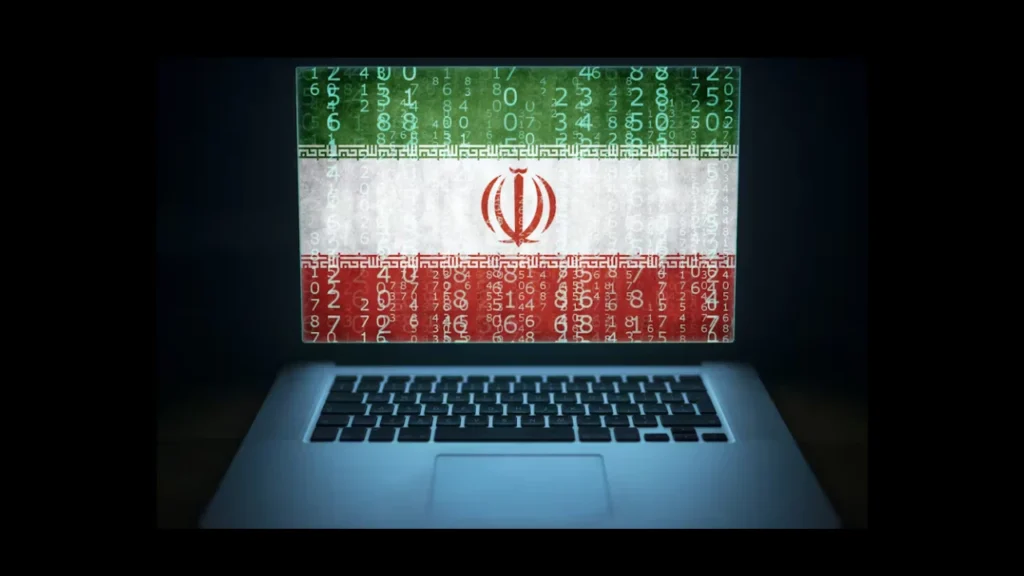Tehran‑linked groups eye U.S. critical infrastructure
U.S. cybersecurity and intelligence agencies CISA, FBI, NSA, DC3, and DHS issued a joint advisory warning of escalating cyber threats from Iranian-affiliated state actors and hacktivists. While no widespread coordinated campaigns have been confirmed in the U.S., officials caution that these groups may exploit vulnerabilities in critical infrastructure and defense contractors, especially those tied to Israeli research and military projects.
Low‑level attacks expected amid geopolitical tensions
The bulletin highlights that pro‑Iranian hacktivist groups are likely to launch “low‑level cyber attacks” targeting U.S. networks—particularly internet-connected utilities, water systems, power plants, transportation systems, banks, and medical services. Past incidents include DDoS assaults and ransomware efforts, even following ceasefires, as retaliation for U.S. or Israeli military operations.
Common tactics and exploited weaknesses
Advisories confirm that Iranian Cyber Threats or attackers often exploit outdated software, default passwords, and misconfigured ICS/OT systems. They use tools like Shodan for reconnaissance, remote-access utilities (PsExec, Mimikatz), keyloggers, and remote access trojans. They also engage in credential stuffing and password hash cracking.
Why now? Military strikes raise threat
Alerts coincide with recent U.S. airstrikes on Iranian nuclear sites, which triggered increased threat levels. DHS described this as a “heightened threat environment” lasting through September. Experts warn that even if Iran avoids large-scale offensive cyberwarfare, sporadic or targeted campaigns remain possible.
Fortify now: key defensive steps
To counter these risks, organizations are urged to:
- Isolate OT/ICS systems from the public internet
- Enforce strong, unique passwords and multi-factor authentication
- Apply software patches without delay
- Implement phishing-resistant MFA and monitor remote-access logs
- Harden network segmentation and firewall configurations.
Preparing for the digital front line
Security analysts note that Iran views cyber operations as a cost-effective alternative to military confrontation. Even modest cyber incidents can cause reputational damage, data theft, or service disruptions. U.S. agencies emphasize that vigilance now is crucial to prevent future escalation.
Grab more recent updates on our WhatsApp Channel



















